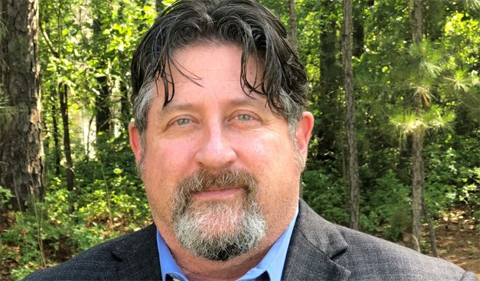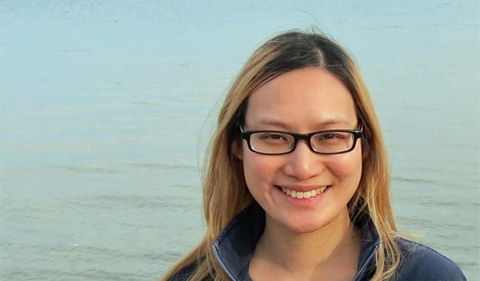First-year doctoral student Shawn Liming recently won a prestigious FLAS fellowship and admission to the summer language seminar in advanced Russian at the University of Pittsburgh.
Liming, an army veteran and southern Ohio native, joined the History Department after earning an MA in Eastern European History from the University of Cincinnati.
His main fields of study are Russian and Soviet history, modern military history, and international history, and he intends to write his dissertation on the experiences of Soviet and American soldiers during World War II and the Cold War. Liming also is part of the Contemporary History Institute. CHI Director Dr. Ingo Trauschweizer interviewed Liming.
IT: What attracted you to the Russian program at Pitt and what exactly is a FLAS fellowship?
SL: One attraction is the reputation of Pitt’s Summer Language Institute (SLI) and the quality of their language instructors. In addition to the language training during a session, there are cultural events, for example in my Polish course, I learned how to make pierogi. They also showed films in your target language so that you get practice listening to the language, and you also learn about culture.
One of my favorite extracurricular activities was when scholars presented talks on subjects pertinent to a language or a region. One example of this was a talk that evaluated the historical accuracy of HBO’s miniseries “Chernobyl.” One thing I didn’t get to experience was the SLI’s hybrid language format, where you spend time at Pitt undergoing language instruction and then go to a country that speaks the language. Because of the COVID pandemic, that program was canceled last year in Polish and this year in Russian. Typically, for Russian one would spend five weeks in Pittsburgh and five weeks in Moscow; while for Polish one splits time between Pittsburgh and Krakow. Hopefully, I can take advantage of a hybrid program in the future.
In my case, I received a Foreign Language and Area Studies (FLAS) Fellowship for this summer, but there are FLAS awards for an academic year. My award pays for tuition for the Russian language program at Pitt and provides for a stipend. It would have been quite a financial hardship for me to attend this training without the FLAS award. If you’re interested in receiving a FLAS award, I recommend that you start looking at summer language programs at the beginning of the previous fall.
IT: How important are foreign languages to your research plans?
SL: Extremely important. It’s very difficult to write the history of an area of which you don’t speak the language. There are subtleties in all languages where word usage and sentence construction can alter its interpretation. I once read in an academic paper, (unfortunately, I cannot remember its title), that it is impossible to understand a culture without knowing its language. I would add that one also needs to be aware of that culture’s history as well. Additionally, to make headway in historical scholarship, the importance of conducting research of primary sources, in the native language, cannot be understated. My plans for research require a greater knowledge of Russian than I currently possess.
IT: I understand you already participated in a summer language course in Polish at Pitt during your M.A. What do you see as the benefits of these immersion programs, and what sort of prior ability do you bring to them?
SL: With the unfortunate decline in language program at universities, I believe that intensive summer language programs are vital. In the future I’ll probably need to increase my fluency in Russian, as well as learning some additional languages such as Ukrainian, German, Kazakh, or Farsi, depending upon where my research leads me. Of these five languages, Ohio University currently offers German, which would require me to attend summer language immersion programs to learn the others. Regarding prior language programs, I had some experience in both Russian and Polish, but most immersion programs offer a beginner’s level as well as more advanced courses.
IT: Your first year in our Ph.D. program has, of course, been affected by COVID, but how do you feel about your progress so far? And what are your plans beyond the summer?
SL: My personal preference is to take classes in person, which I feel allows for the best interaction between both the professor and students and between students themselves. Of course, I understand the necessary precautions needed during a pandemic, and I tried to make the best of the situation. Using the technology available, all the professors teaching my classes did a great job at instilling an atmosphere conducive to learning. I feel like I’ve built a solid foundation for my studies, but obviously I’ve got a lot of hard work ahead of me. In the future I plan to conduct archival research on Russian language primary sources in the United States and abroad.




















Comments